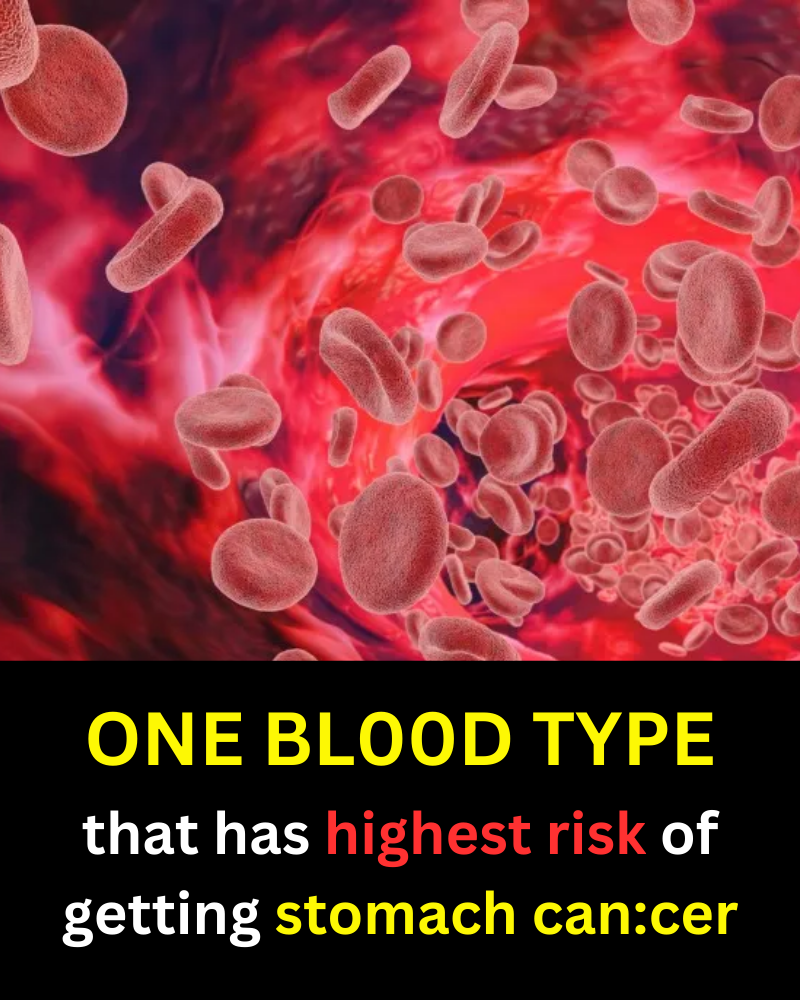
While the exact causes of stomach cancer remain unclear, experts believe there are several contributing factors that can increase the likelihood of developing the disease.
These risk factors include aging, being overweight, having untreated infections, and smoking, among others.
As stated by Cancer Research UK, “Infection with Helicobacter pylori (H. pylori) causes around 40 out of 100 (around 40%) stomach cancers in the UK.”
H. pylori is a type of bacteria that resides in the mucous lining of the stomach and is typically transmitted through contaminated food and water. For many, it causes no harm, but for others, it may lead to inflammation and stomach ulcers—both known risk factors for stomach cancer.
According to the NHS, the early signs of stomach cancer can be subtle and difficult to identify, mainly because they often resemble other common health conditions. These early symptoms may include ongoing indigestion and heartburn, excessive wind and frequent burping, feeling bloated or overly full after eating, and persistent stomach discomfort.
In more advanced stages, symptoms may progress to include blood in the stool, a loss of appetite, and noticeable weight loss.

Interestingly, research now suggests that blood type may also play a role in determining one’s risk of stomach cancer.
A recent study reported by Daily Mail indicates that individuals with blood types A, B, or AB may be significantly more susceptible to certain forms of cancer.
Involving 50,000 participants from Iran, the study found that those with A, B, or AB blood types—which account for about half of the UK population—faced a 55 percent greater chance of developing stomach cancer compared to those with type O blood.
Further findings revealed that people with the AB blood type had a 45 percent higher likelihood of being diagnosed with liver cancer. The same research also suggested that individuals with O or AB blood types may be at a reduced risk for pancreatic cancer.
In the UK, O positive is the most commonly occurring blood type, while AB negative is the rarest, representing only about 1% of the population.
Though the link between blood type and cancer risk is becoming clearer, scientists are still working to understand exactly how and why certain blood types might influence the development of specific cancers.




